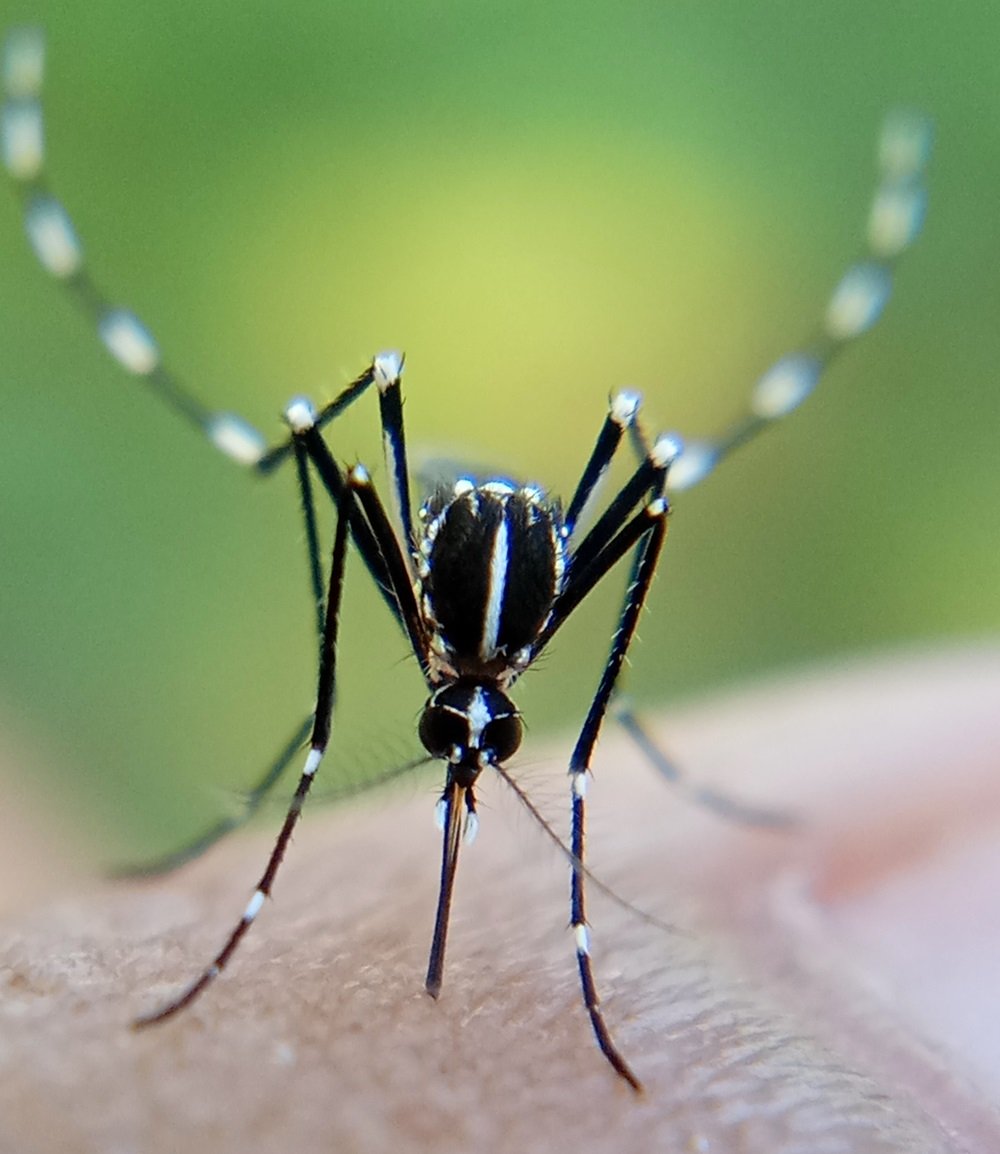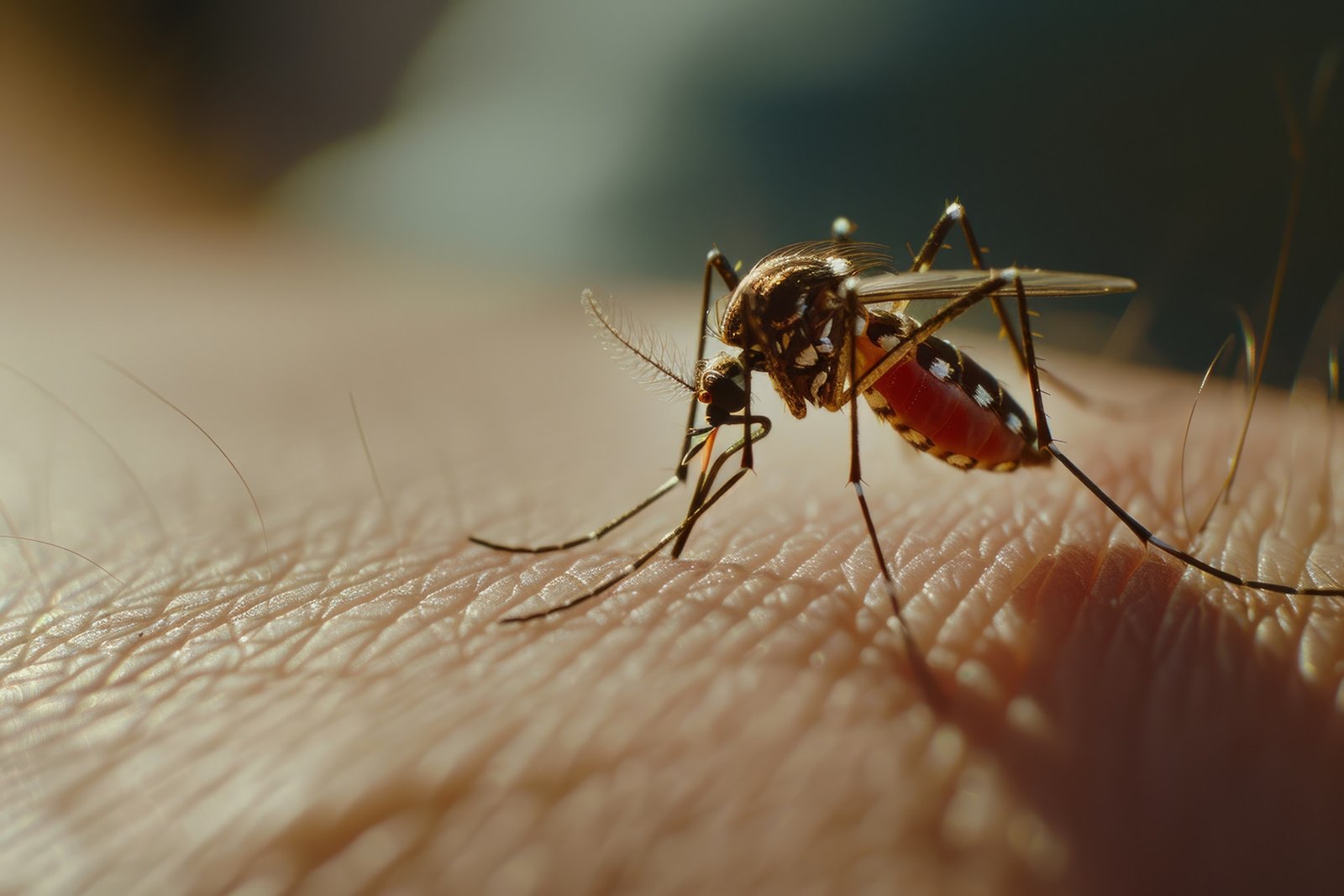Malaria Mosquito Method
Scientists Suggest New Method to Tackle Malaria via Mosquito
Malaria remains one of the world’s most persistent public health challenges, particularly across Africa and South Asia, where millions are affected every year. Despite decades of control efforts, including insecticide-treated bed nets, antimalarial drugs, and spraying campaigns, the disease continues to claim lives and strain healthcare systems.
Now, scientists have proposed a new method to fight malaria by targeting mosquitoes directly in innovative ways. Instead of focusing solely on humans who contract the disease, this approach aims to disrupt the cycle of transmission at its source: the mosquito.
The Idea Behind the Method
Malaria spreads when infected Anopheles mosquitoes bite humans, passing on the Plasmodium parasite. Traditional control measures have worked to some extent, but insecticide resistance and changing mosquito behavior have limited their effectiveness. The new method under discussion involves treating mosquitoes in ways that either block the parasite from developing inside them or reduce their ability to spread the disease.

Potential Strategies
Researchers are exploring several strategies, including:
Genetic modification: Engineering mosquitoes that are resistant to carrying the malaria parasite.
Bacterial treatments: Using naturally occurring bacteria to interfere with parasite development inside mosquitoes.
Targeted sprays and baits: Applying treatments that specifically affect mosquito populations without harming other insects.
Why It Matters
By targeting mosquitoes, scientists hope to cut malaria transmission before it reaches humans. This could significantly reduce infection rates, especially in high-risk regions. If successful, the method could complement existing tools like bed nets and medicines, creating a stronger, multi-layered defense against malaria.
The Road Ahead
While promising, these ideas are still in the research and testing phase. Scientists caution that large-scale field trials, ethical considerations, and community acceptance will all play crucial roles in determining success. Any new method must be safe, effective, and sustainable before being deployed widely.
Still, the proposal offers renewed hope in the global fight against malaria. By rethinking how the disease is tackled and focusing on the mosquito itself, researchers may have found a new path toward finally reducing one of humanity’s oldest and deadliest health threats



